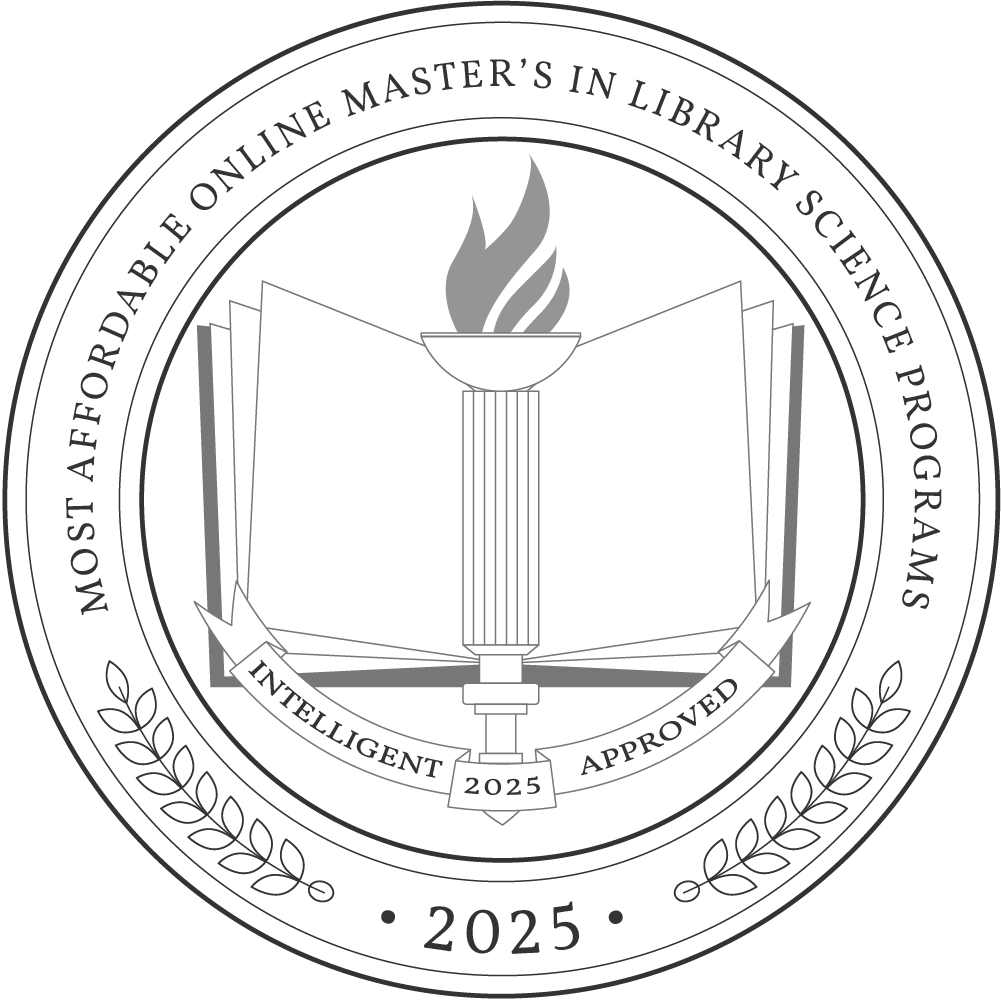The field of library science has changed over the past few decades. Librarians no longer wander through musty bookshelves looking for lost volumes. Librarians today are professionals who excel at technology and information retrieval. They are skilled at assessing source materials and choosing the highest-quality data for their clients and patrons.
Librarians may work in public or school libraries, but they are just as likely to be found in government agencies or corporate venues. They may work with children and adults or special groups, such as law firms or government agencies. To become a librarian, you must earn your Master of Library Science (MLS) degree.
In this article, we’ll examine some affordable online master’s in library science programs and provide a snapshot of the state of professional librarianship in the U.S. today.
Why Trust Us
The Intelligent.com Higher Education Team is dedicated to providing students with independent, equitable school and program rankings and well-researched resources. Our expert-driven articles cover topics related to online colleges and programs, paying for school, and career outlooks. We use data from the U.S. Department of Education’s College Scorecard, the National Center for Education Statistics, and other reputable educational and professional organizations. Our academic advisory team reviews content and verifies accuracy throughout the year for the most current information. Partnerships do not influence rankings or editorial decisions.
- Analyzed over 2,000 national, accredited, and nonprofit colleges and universities
- 800+ rankings pages are reviewed and updated yearly
- Content is informed by reputable sources, surveys, and interviews with academic advisors and other experts
- Over 100 data points are reviewed for accuracy and quality throughout the year, including sources
How we rank schools
Our list features the most affordable online master’s in library science programs at top colleges nationwide. Each school featured is a nonprofit, accredited institution — either public or private — with a high standard of academic quality for post-secondary institutions.
We evaluated each school’s program on tuition costs, admission, retention and graduation rates, faculty, reputation, and the student resources provided for online students. We collected data from trusted sources like the National Center for Education Statistics, individual school and program websites, school admissions counselors, and other data sources. Then, we calculated the Intelligent Score on a scale of 0 to 100 based on the following criterion:
Academic Quality:
- Admission rate versus enrollment rate
- Retention rate of students who return after year one
- Accreditation status (regional and programmatic)
- Nonprofit status, both private and public institutions
Graduation Rate
- Overall graduation rate
- Total number of currently enrolled students, including diversity metrics
- Student-to-faculty ratio
Cost and ROI
- In-state and out-of-state per-credit tuition rates and fees
- Required credits to graduate
- Earning potential after graduation
- Availability of federal student loans, scholarships, and other financial aid options
Student Resources
- Available student services for online-only and hybrid programs
- On-campus amenities like tutoring centers and the number of libraries
Read more about our ranking methodology.
Most 39 Affordable Online Master's In Library Science Programs
FiltersInstitution Type
Status
- Intelligent Score
- Alphabetically By University Name
- Acceptance Rate
- Enrollment
- In-state Graduate Tuition
- Out-of-state Graduate Tuition
- In-state Undergraduate Tuition
- Out-of-state Undergraduate Tuition
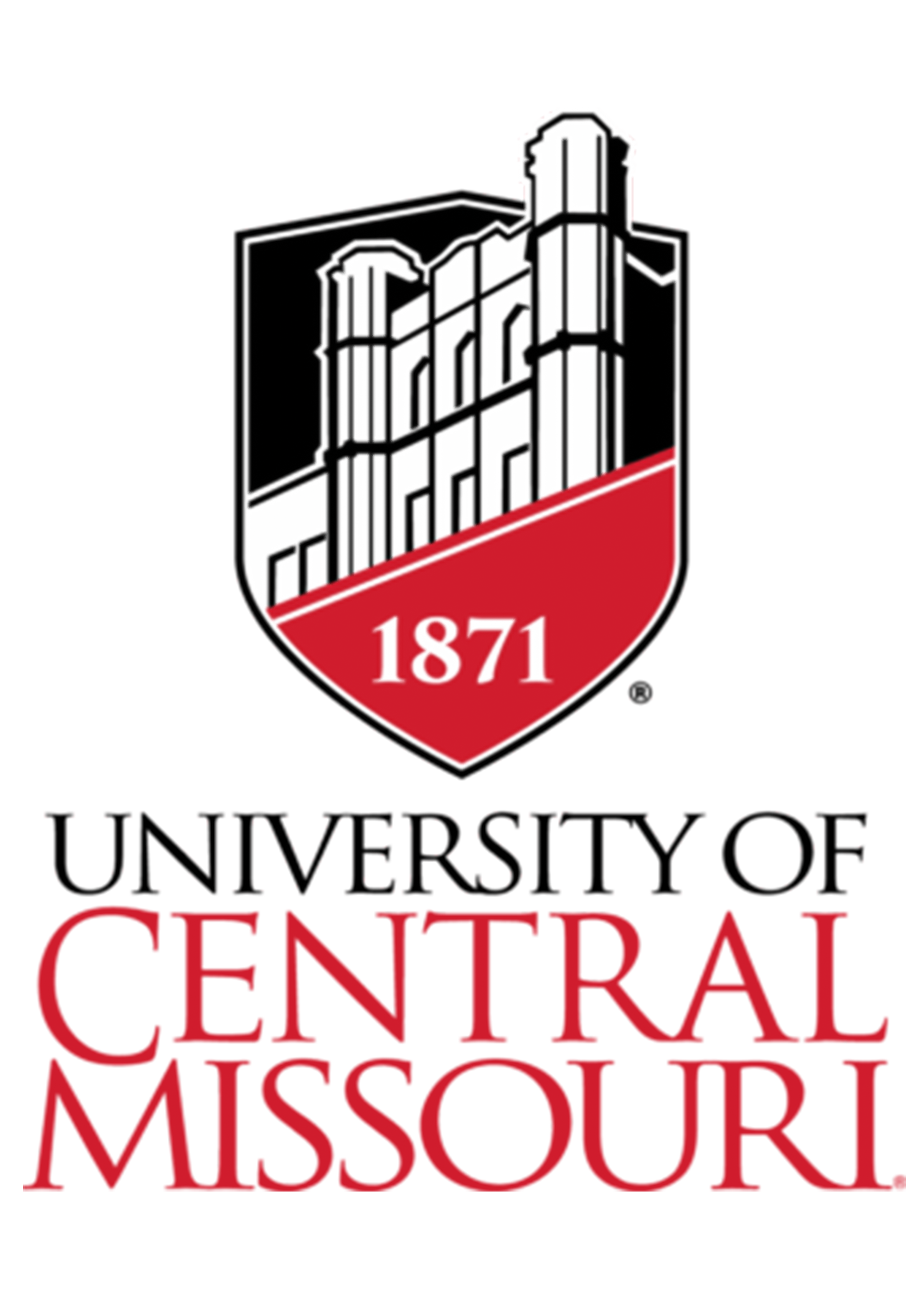
University of Central Missouri
Intelligent Score: 99.48In-state: $7,128
Out-of-state: $14,256
In-state: $7,608
Out-of-state: $7,608
SAT: N/A
ACT: 19-25
$425
Online
American Association of School Librarians
36
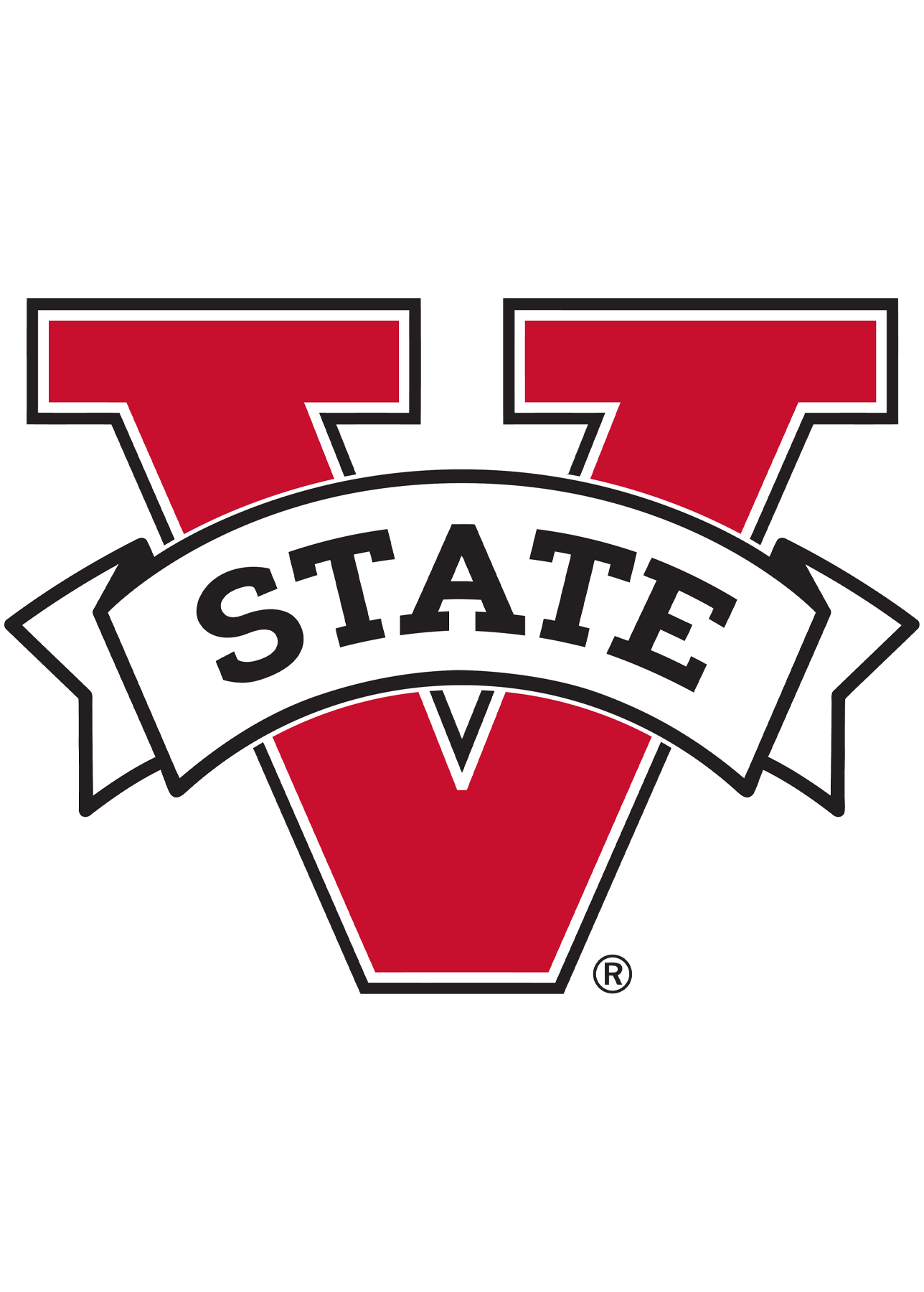
Valdosta State University
Intelligent Score: 98.98In-state: $4,371
Out-of-state: $15,426
In-state: $4,572
Out-of-state: $4,572
SAT: 990-1140
ACT: 19-23
$300
Online
Southern Association of Colleges and Schools Commission on Colleges
39

University of Alabama
Intelligent Score: 98.35In-state: $10,780
Out-of-state: $30,250
In-state: $10,780
Out-of-state: $10,780
SAT: 1070-1330
ACT: 23-31
$440
Online
American Library Association
36
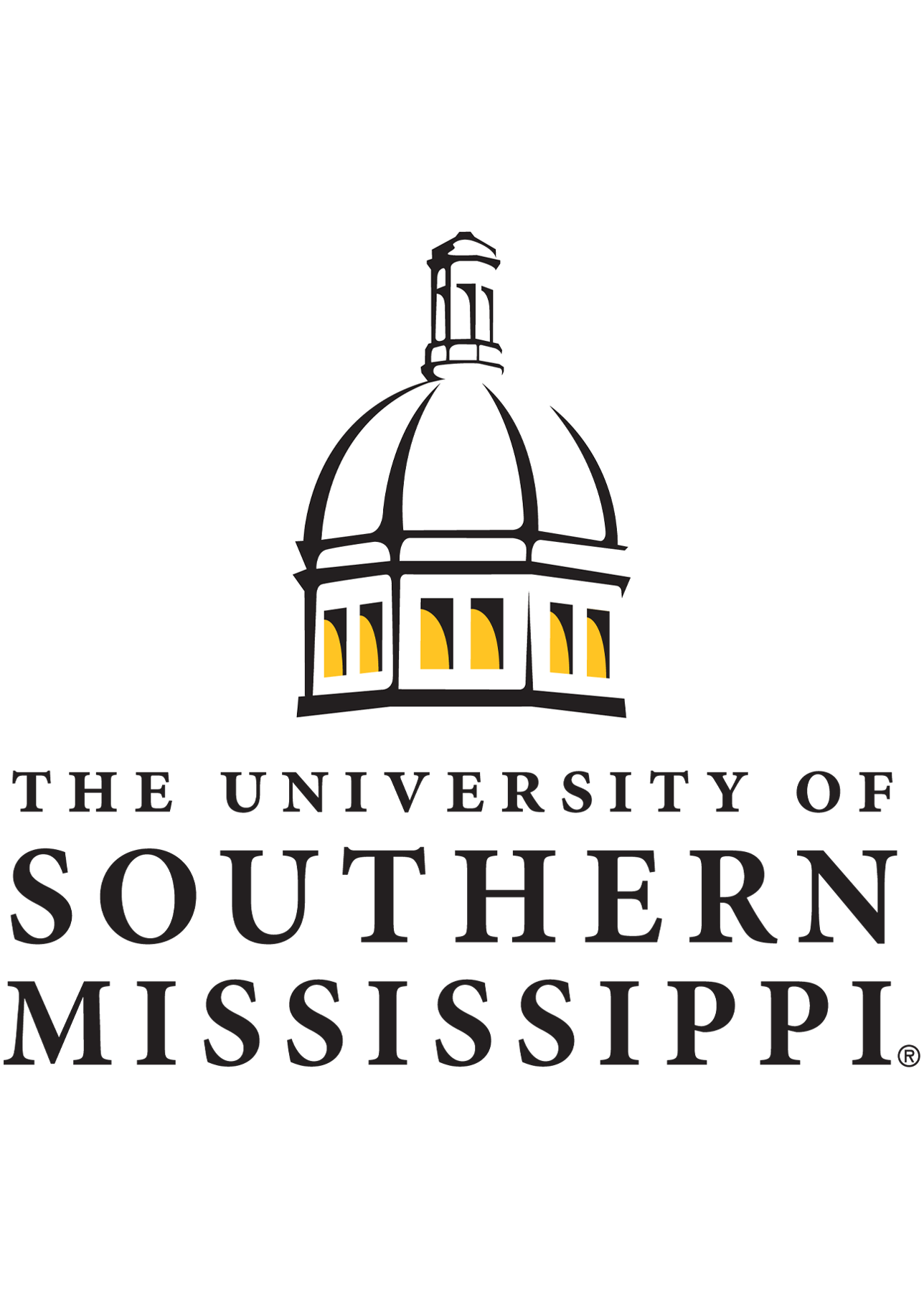
University of Southern Mississippi
Intelligent Score: 97.55In-state: $8,786
Out-of-state: $10,786
In-state: $8,786
Out-of-state: $8,786
SAT: N/A
ACT: 19-26
$556
Online
American Library Association
40
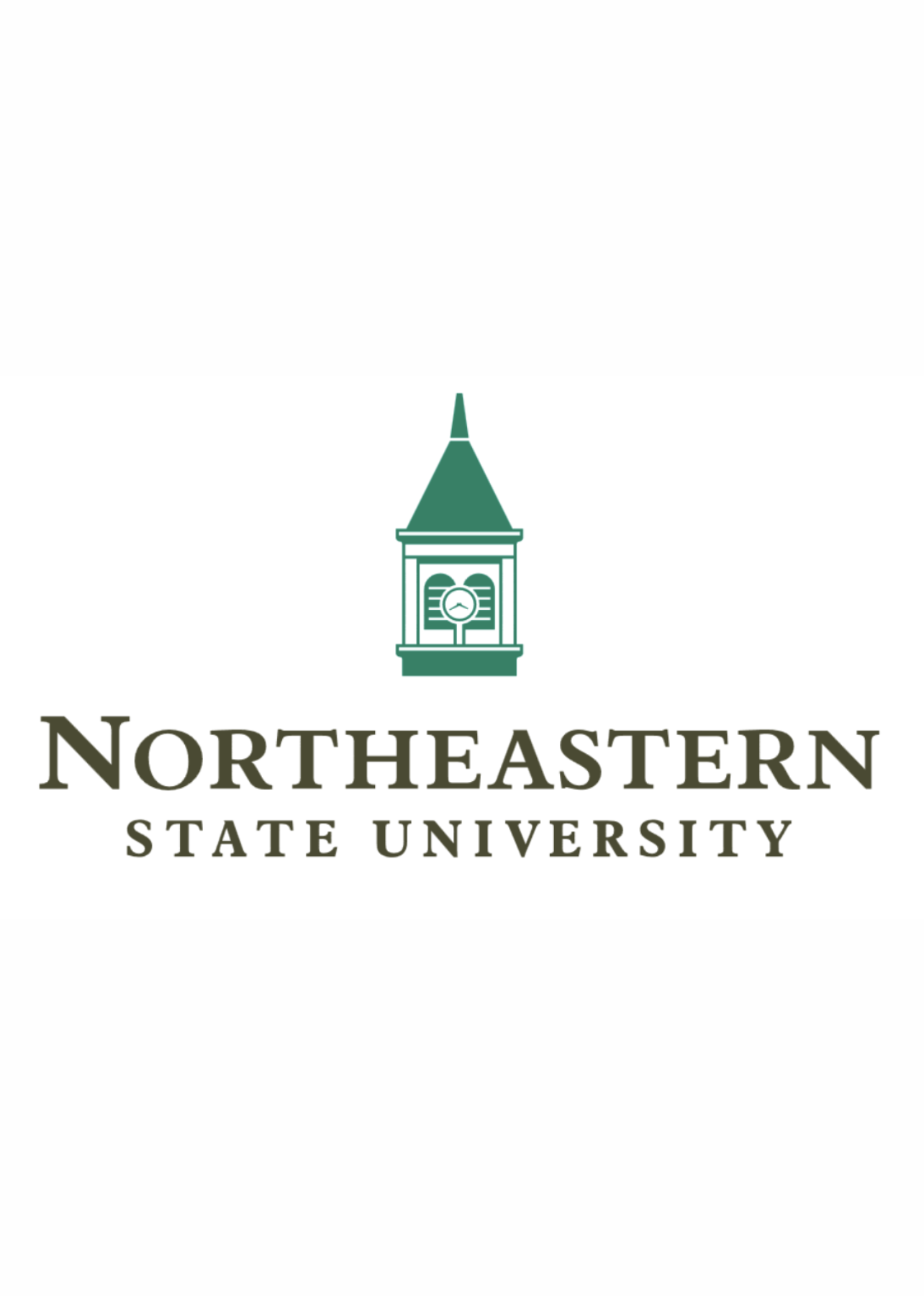
Northeastern State University
Intelligent Score: 97.34In-state: $5,913
Out-of-state: $14,313
In-state: $4,500
Out-of-state: $4,500
SAT: 955-1125
ACT: 17-24
Resident: $279
Non-Resident: $280
Online, On-Campus
Council for the Accreditation of Educator Preparation
33
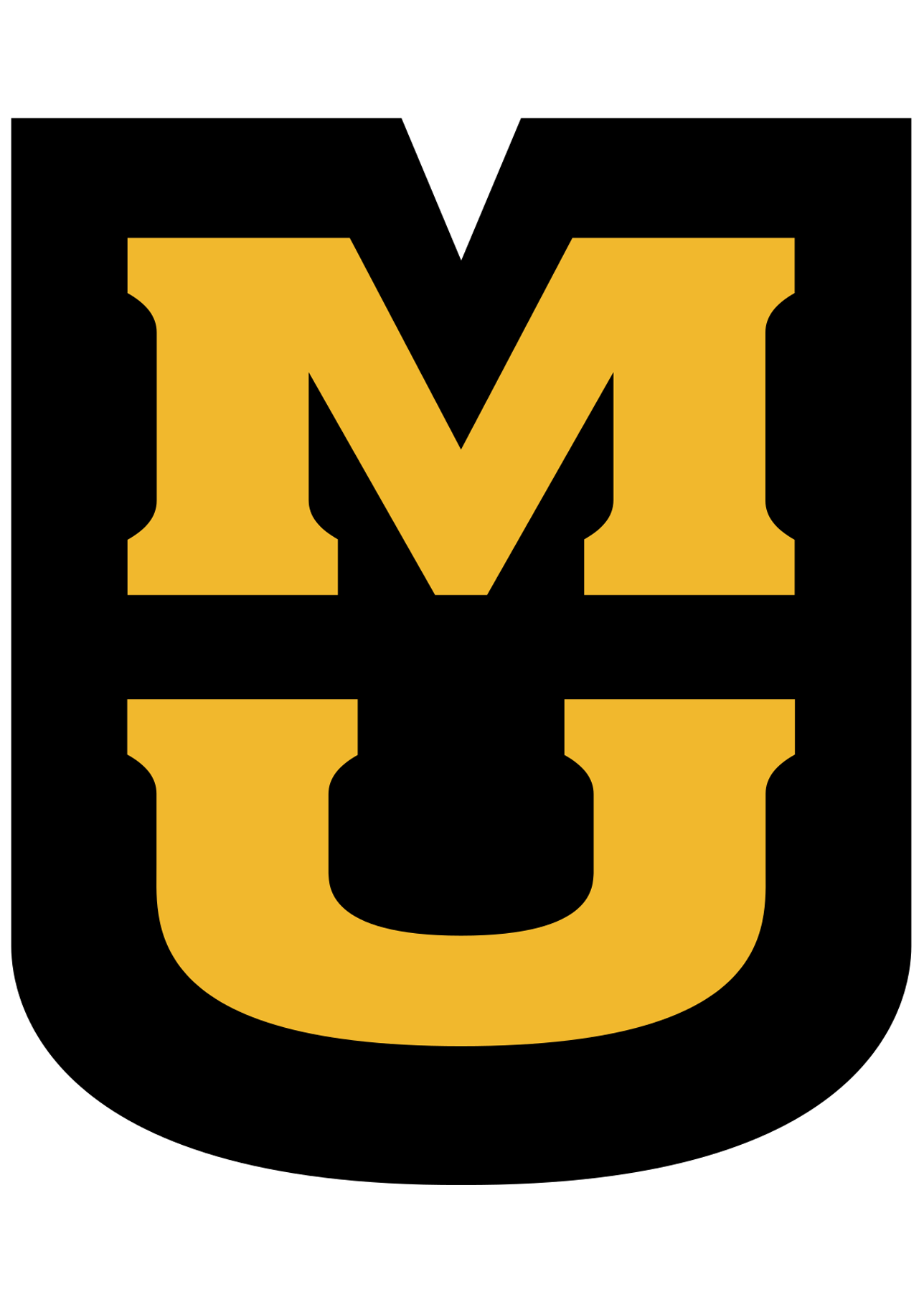
University of Missouri
Intelligent Score: 96.16In-state: $9,330
Out-of-state: $27,612
In-state: $9,478
Out-of-state: $9,478
SAT: 1110-1320
ACT: 23-29
$562
Online, On-Campus
American Library Association
39
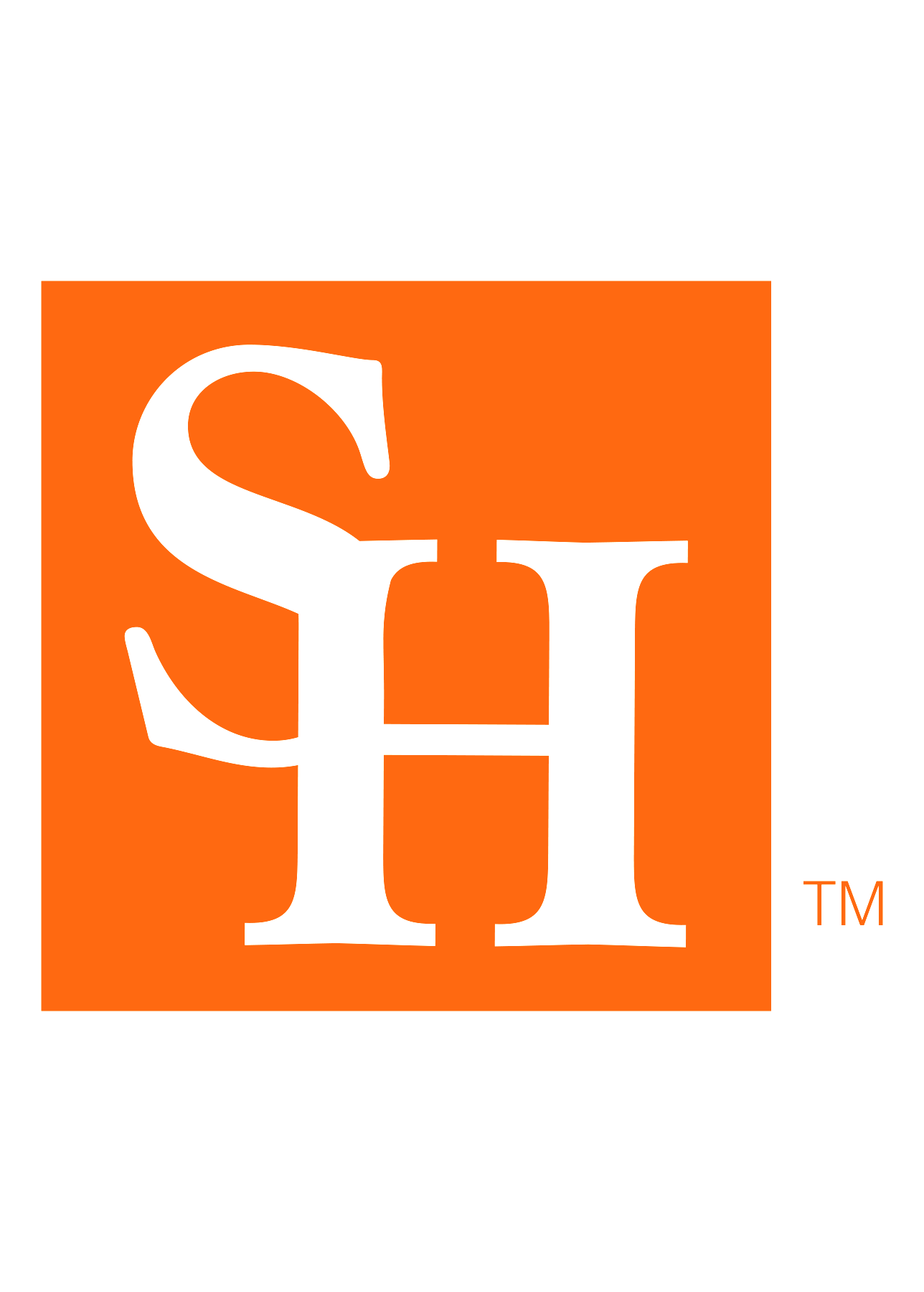
Sam Houston State University
Intelligent Score: 95.96In-state: $5,856
Out-of-state: $15,672
In-state: $5,765
Out-of-state: $5,765
SAT: 970-1120
ACT: 18-23
$320
Online
American Association of School Librarians
36
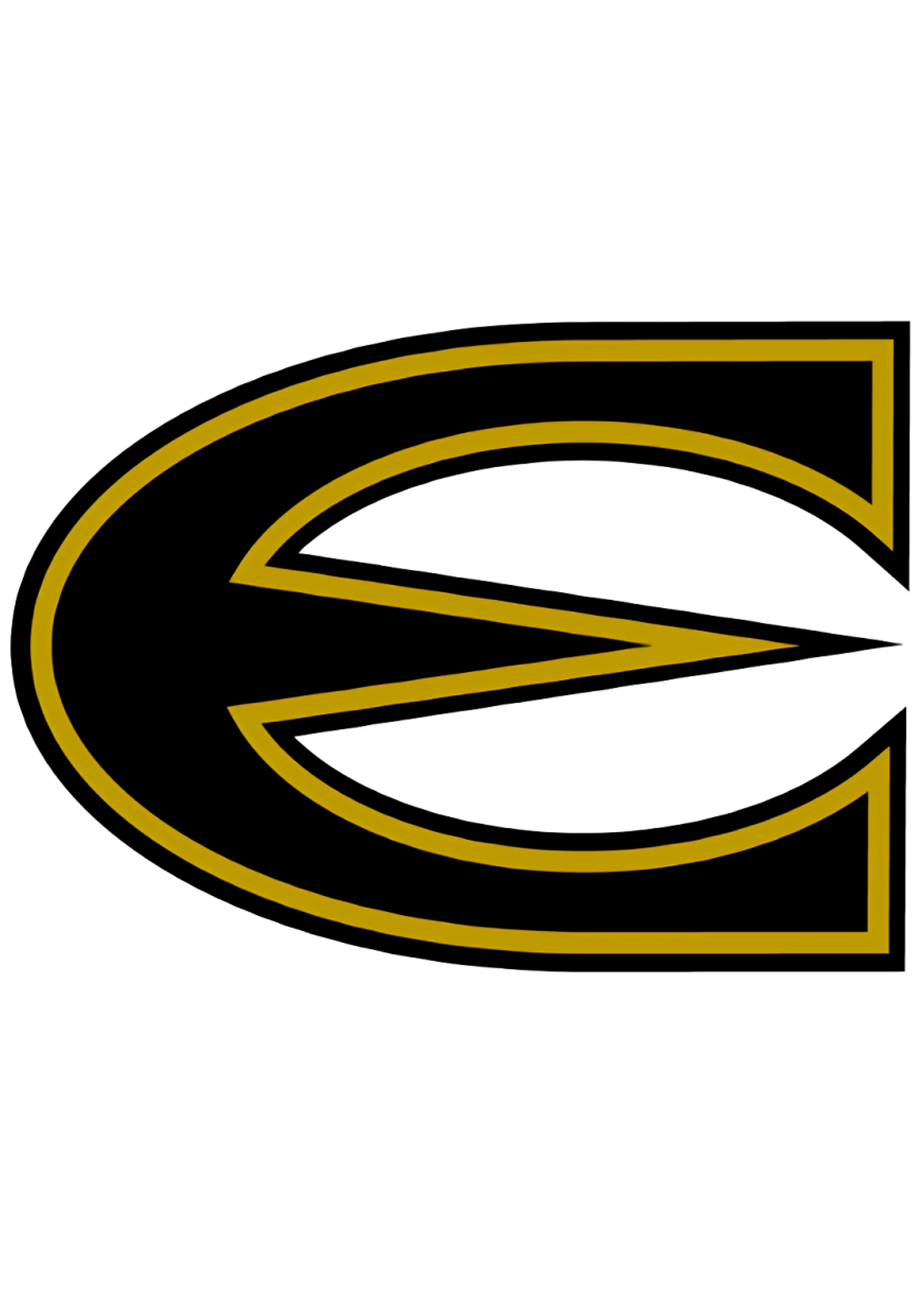
Emporia State University
Intelligent Score: 95.33In-state: $5,278
Out-of-state: $19,522
In-state: $6,547
Out-of-state: $6,547
SAT: N/A
ACT: N/A
$414
Online
American Library Association
36
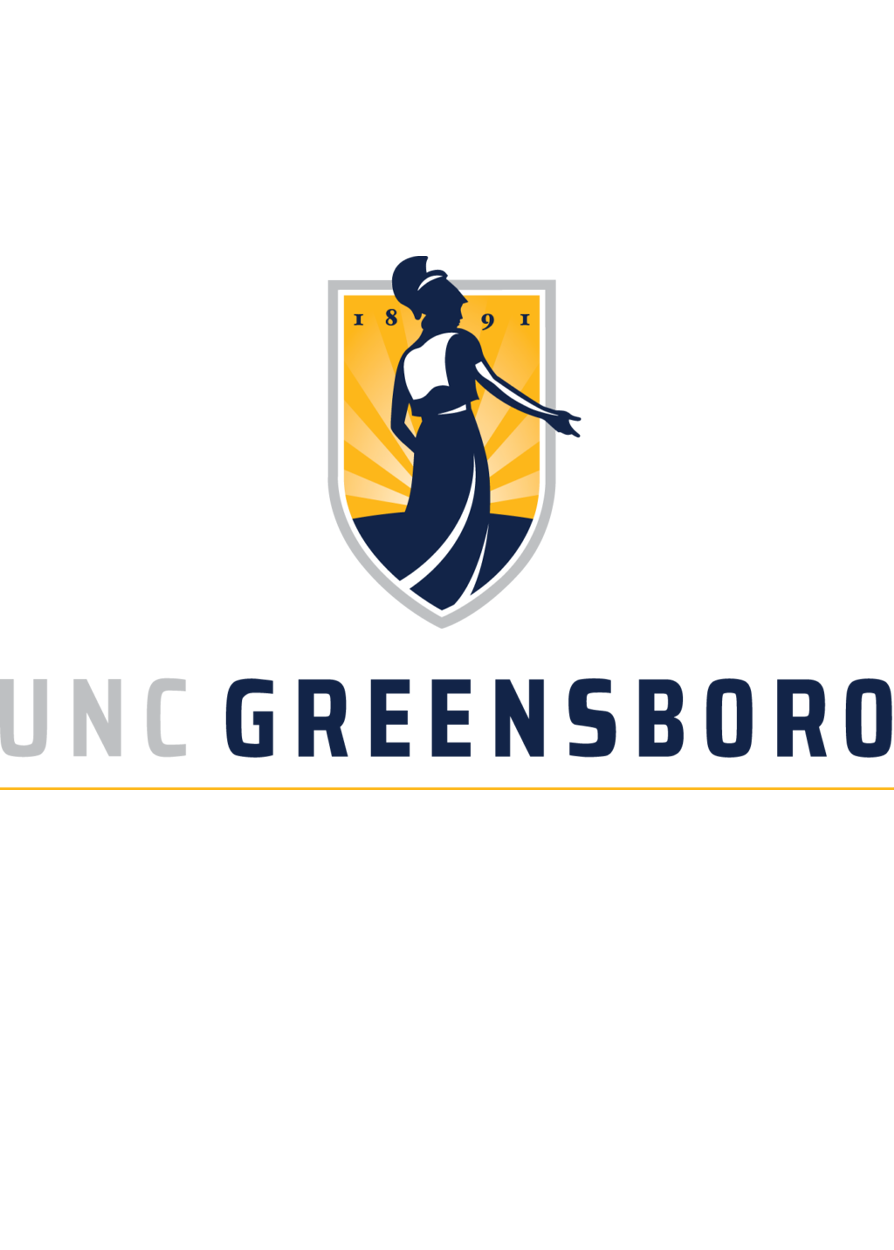
UNC Greensboro
Intelligent Score: 95.22In-state: $17,797
Out-of-state: $34,148
In-state: $20,960
Out-of-state: $20,960
SAT: NA
ACT: NA
Resident: $299
Non-Resident: $597 - $1,116
Online
American Library Association
36-42
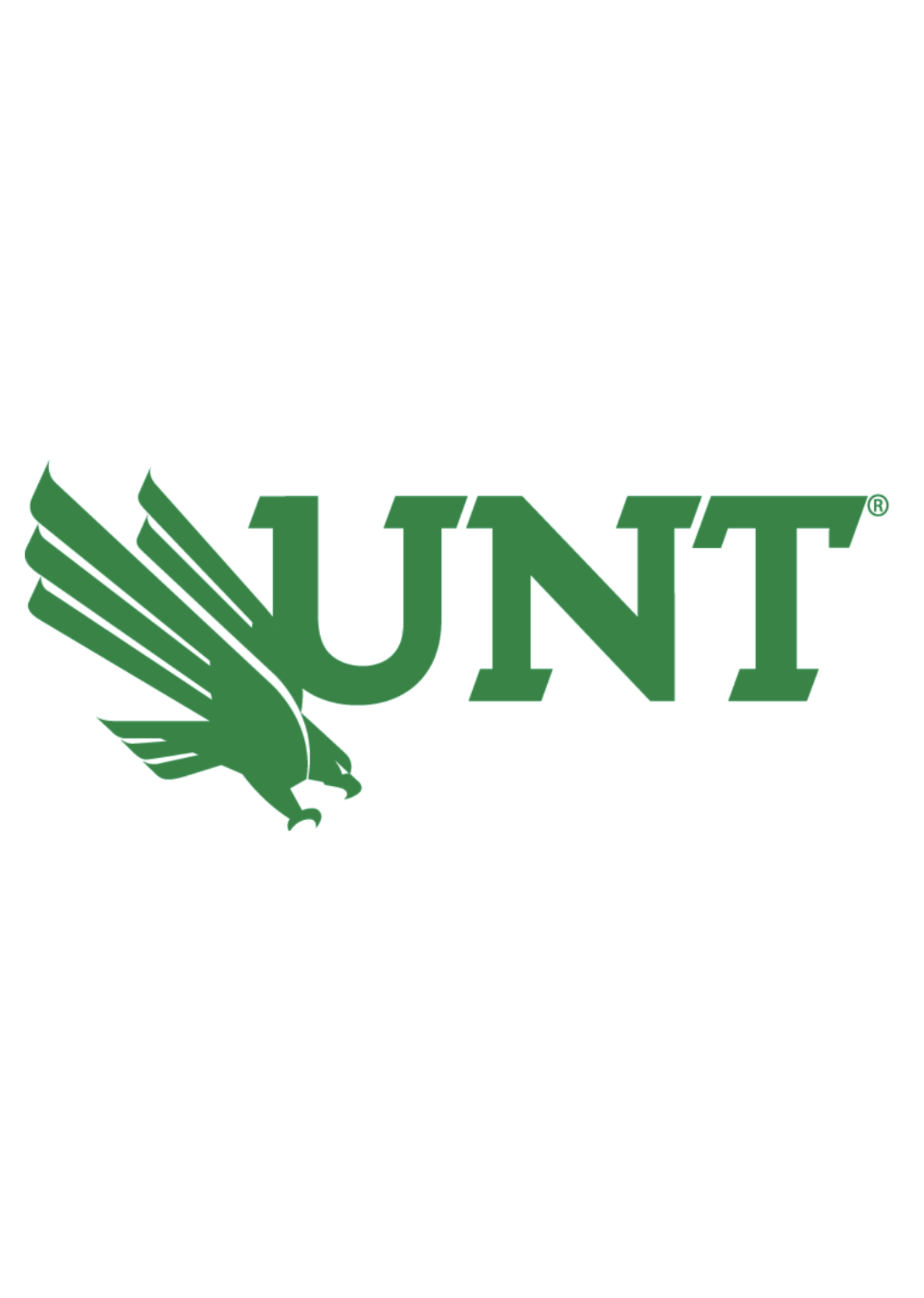
University of North Texas
Intelligent Score: 94.09In-state: $8,295
Out-of-state: $18,111
In-state: $6,350
Out-of-state: $6,350
SAT: 1050-1240
ACT: 20-27
Resident: $353
Non-Resident: $570
Online, On-Campus, Hybrid
American Library Association
36
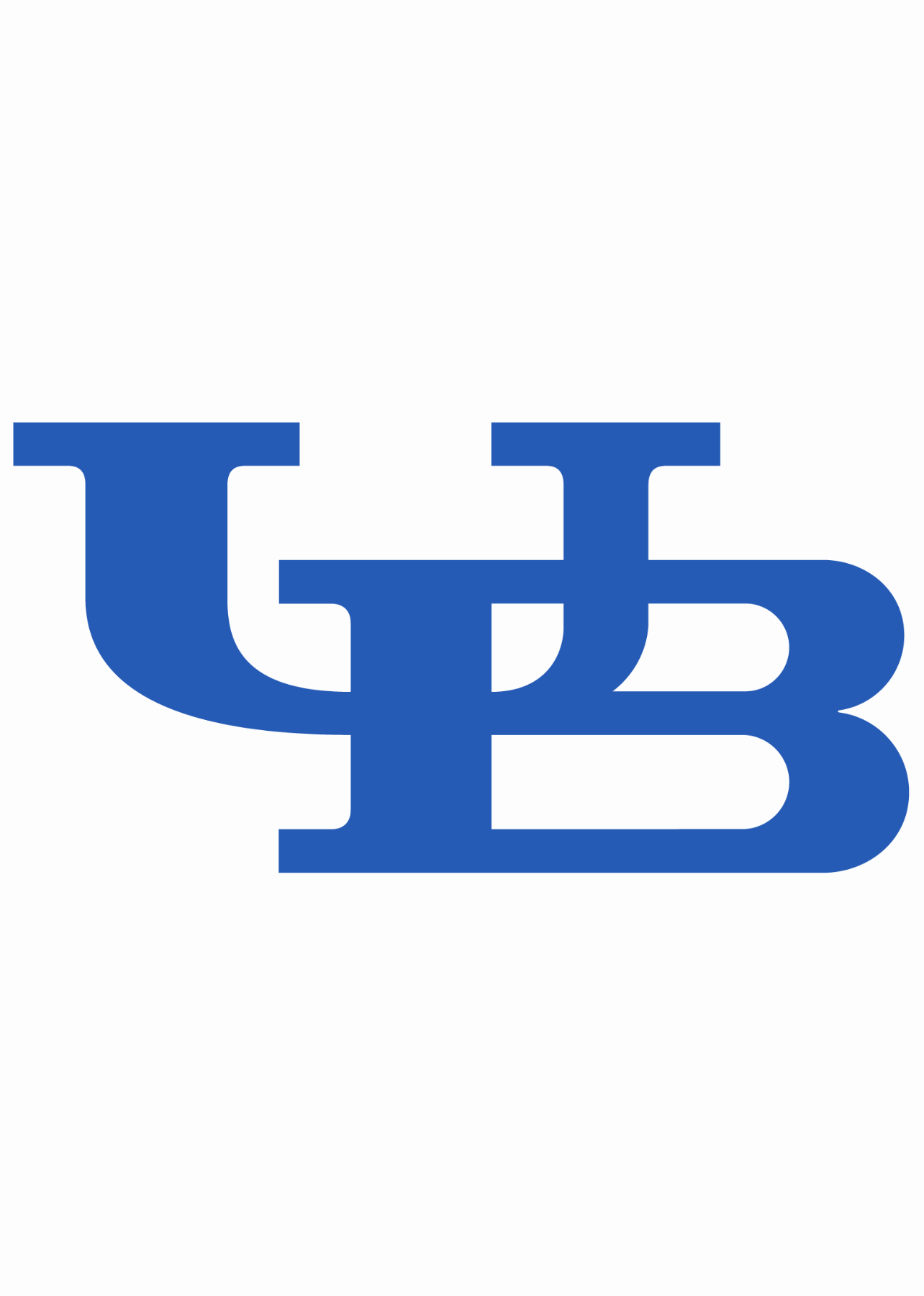
University at Buffalo
Intelligent Score: 94.00In-state: $7,070
Out-of-state: $24,740
In-state: $11,310
Out-of-state: $11,310
SAT: 1140-1310
ACT: 23-29
Resident: $471
Non-Resident: $565
Online
American Library Association
36

Appalachian State University
Intelligent Score: 90.96In-state: $4,242
Out-of-state: $19,049
In-state: $4,839
Out-of-state: $4,839
SAT: 1070-1240
ACT: 22-27
Resident: $291
Non-Resident: $1,217
Online
American Association of School Librarians
36
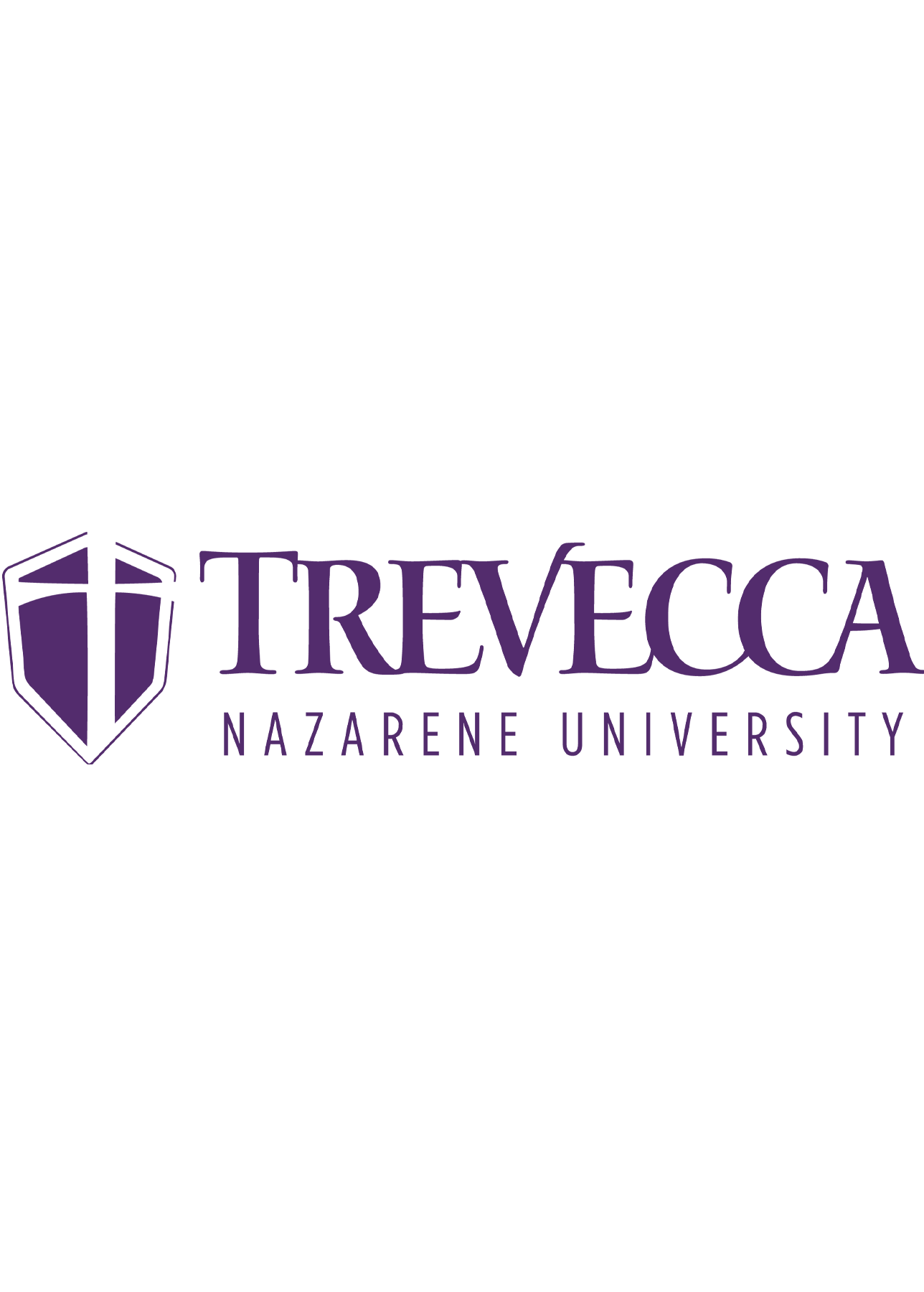
Trevecca Nazarene University
Intelligent Score: 90.47In-state: $25,998
Out-of-state: $25,998
In-state: $8,982
Out-of-state: $8,982
SAT: 1040-1253
ACT: 20-25
$435
Online
Council for the Accreditation of Educator Preparation
30
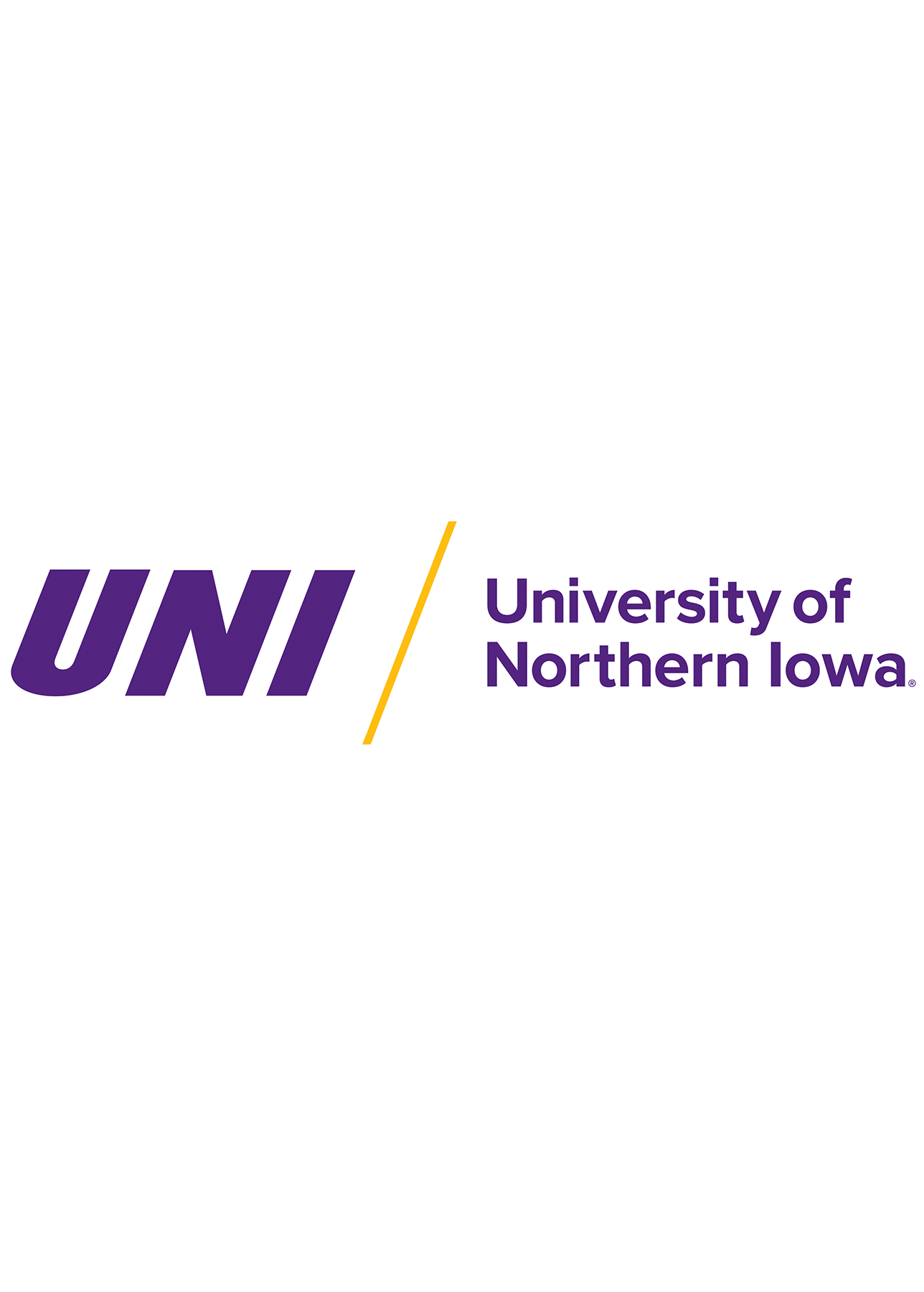
University of Northern Iowa
Intelligent Score: 89.13In-state: $7,665
Out-of-state: $19,949
In-state: $9,159
Out-of-state: $9,159
SAT: 1030-1230
ACT: 20-26
$569
Online
Higher Learning Commission
30
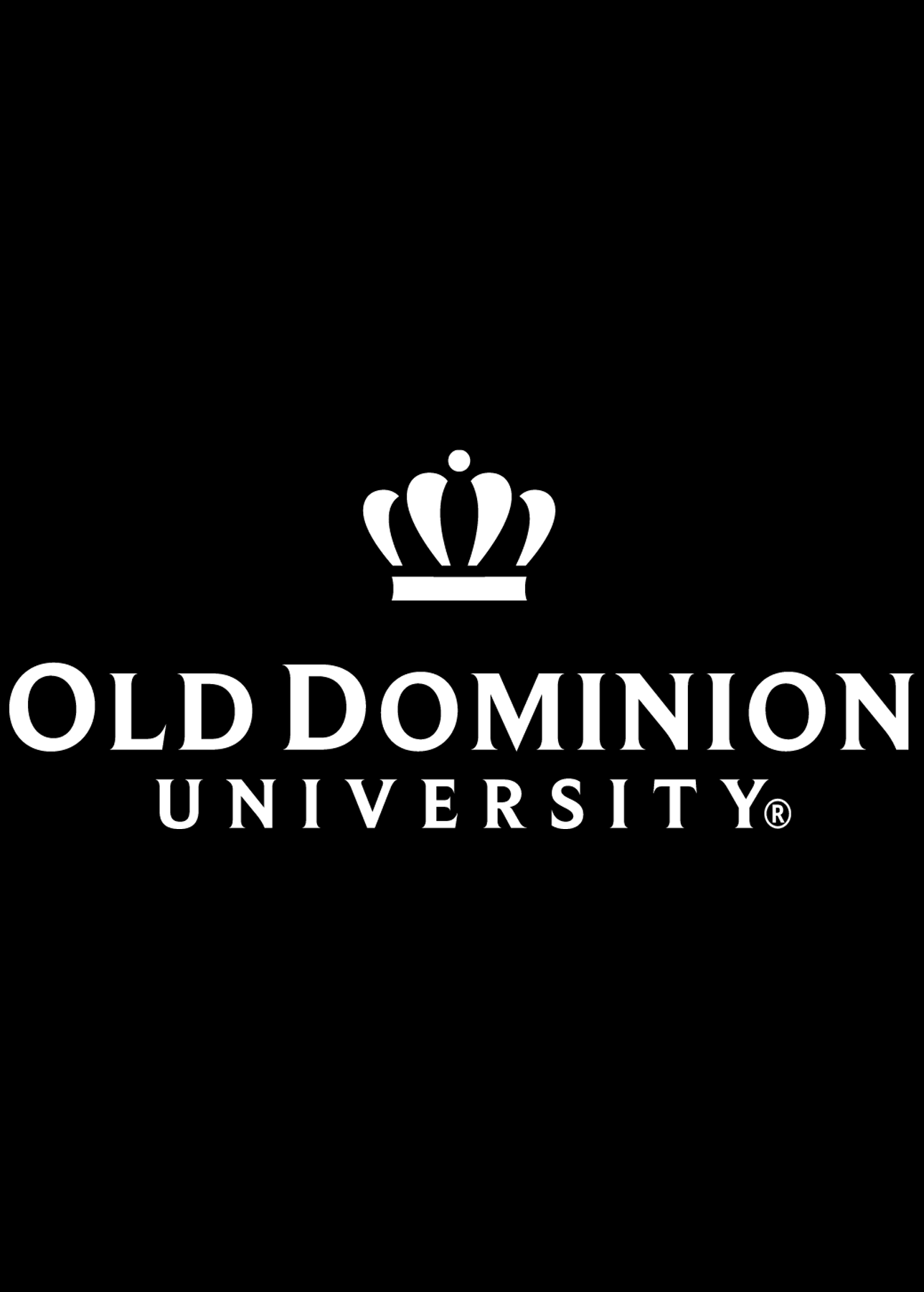
Old Dominion University
Intelligent Score: 88.99In-state: $7,029
Out-of-state: $26,664
In-state: $10,207
Out-of-state: $10,207
SAT: 960-1170
ACT: 18-25
In-State: $620
Out-of-State: $642
Online
American Library Association
30
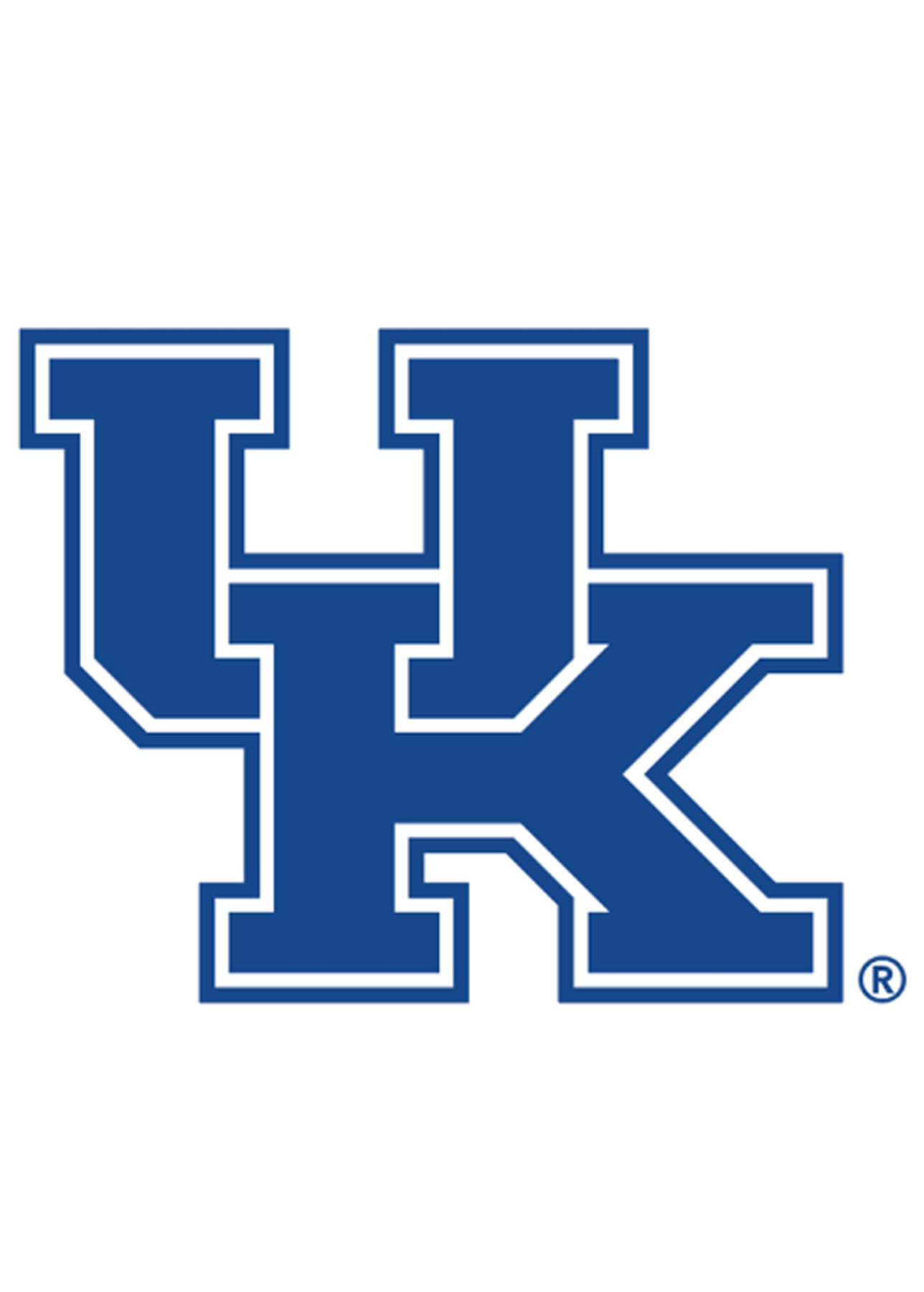
University of Kentucky
Intelligent Score: 88.59In-state: $11,135
Out-of-state: $29,945
In-state: $12,189
Out-of-state: $12,189
SAT: 1070-1280
ACT: 22-29
$737
Online
American Library Association
36

The University of Oklahoma
Intelligent Score: 88.15In-state: $4,788
Out-of-state: $20,169
In-state: $6,943
Out-of-state: $6,943
SAT: 1100-1300
ACT: 23-29
$484 - $1,095
Online
American Library Association
36

Texas A&M University - Commerce
Intelligent Score: 85.6In-state: $8,395
Out-of-state: $36,849
In-state: $6,775
Out-of-state: $6,775
SAT: 1160-1380
ACT: 26-32
Resident: $408
Non-Resident: $816
Online
Southern Association of Colleges and Schools Commission on Colleges
36
Cost Breakdown for an Online Master’s in Library Science Degree Program
Understanding all the costs associated with an online master’s in library science degree program is the first step in determining the most affordable option.
- Tuition: This is the primary cost of higher education, as it’s the fee colleges charge for access to instruction. Colleges typically charge full-time students a flat, per-term tuition fee, while part-time students pay per credit hour. Tuition rates vary by school (and sometimes program) based on factors outlined before. Students should consult with their school’s financial aid office for the most accurate information about how much tuition is.
- Fees: Schools may charge additional fees for expenses not covered by tuition. For example, colleges may charge online students a virtual classroom technology fee to cover tech support or online learning platforms. Students should clarify with a financial aid counselor whether there are any fees they must pay besides tuition and if the fees are assessed annually or on a one-time basis.
- Personal technology: Reliable hardware and internet access are essential for success in online degree programs. Before you start your library science program, check your hardware and software and determine if you need to upgrade your computer, webcam, or internet service. Check with your school to find out if they partner with retailers or companies to offer students discounts on essential tech supplies.
- Books and supplies: According to the Education Data Initiative, during the 2021-22 academic year, the average postsecondary student spent between $628 and $1,200 on books and supplies, making this another significant expense students must account for when making a budget. Also, consider if your program requires an internship, which may mean additional costs for business attire or transportation to your internship site.
Students should note that online learning does have some cost-saving advantages. Because students aren’t tied to a location to attend classes, they can live in an area with a lower cost of living than their school. Students also don’t have transportation costs associated with commuting to a campus, such as gas, parking, or public transportation fees.
Factors Influencing the Cost of an Online Master’s in Library Science Degree Program
The cost of an online master’s in library science varies by school. Here are some of the key reasons why.
Public vs. private institution
Public colleges receive state tax revenue to help fund their operations. Therefore, state colleges typically have two tuition rates: one for students who reside in the state where the school is located and one for students who are from out-of-state. Resident students receive lower tuition rates because their taxes have already helped subsidize their education. Out-of-state students must pay the total tuition rate. However, some public colleges offer in-state tuition rates to out-of-state online students. Meanwhile, private colleges charge all students the same tuition rate regardless of residency, as they don’t receive tax revenue. They also tend to have higher tuition rates than public universities, because a higher percentage of their income comes from tuition.
Non-profit vs. for-profit
Colleges are classified as non-profit and for-profit. All public and most private universities are non-profit, which means they must reinvest revenue into the institution through faculty and staff salaries, infrastructure, student services, and more. For-profit schools operate like corporations, with the primary goal of earning a profit. They are not required to reinvest money into their operations. Therefore, while for-profit schools may have lower tuition rates than non-profit schools, the quality of education can vastly differ between the two types of institutions.
Student military status
Many schools offer discounted tuition rates to students who are currently serving in the military or are veterans. Spouses and children of active-duty service members and veterans may also be eligible for special tuition. Students who think they might be eligible should consult the school’s financial aid office for more information.
Number of credits and completion time
The longer you enroll in a degree program, the more you pay. The total number of credits for online master’s in library science degree programs varies, typically 30-60 credits. Students should look at the program’s total credit requirements and per-credit tuition rate to determine the program’s overall cost.
How to Pay for an Online Master’s in Library Science Degree Program
Students can use various methods to pay for an online master’s in library science degree.
Out-of-pocket
The most direct way to pay for an online master’s degree program is to use your own money, otherwise known as paying “out-of-pocket.” Most students will pay at least some of their tuition from their own funds. If you or your family will be paying tuition out-of-pocket, inquire with the school’s financial aid office about payment plans, which spread tuition payments out over the term instead of requiring you to pay in one lump sum.
Employer tuition assistance
If you intend to work while earning your online master’s in library science degree, check with your employer to see if they offer tuition assistance benefits to help employees offset education costs. The exact terms of these benefits vary by employer, but typically, employers will reimburse employees for some or all of their tuition and education expenses after the successful completion of a course or degree program.
Federal student loans
Through the U.S. Department of Education’s federal student loan program, graduate students can apply for Direct Unsubsidized Loans and Graduate PLUS Loans. Because Congress sets the interest rates and repayment terms for federal student loans, they are generally more favorable than terms for private education loans. To determine their eligibility for federal student loans, students must submit the Free Application for Federal Student Aid (FAFSA). The Ultimate FAFSA Guide offers additional information about applying for student loans and completing the FAFSA.
Work-study
The Federal Work-Study (FWS) program is another resource offered by the government’s Federal Student Aid (FSA) program. It provides opportunities for students to work part-time for their college, either on campus or remotely. Students receive at least the minimum wage for work-study positions, although many pay more, especially for graduate students. Eligibility for work-study funding is determined through a student’s FAFSA.
Private education loans
Students can also borrow money from private lenders like SoFi, Ascent, and Sallie Mae. With private education loans, the individual lenders set interest rates and repayment terms based on current market rates and the borrower’s credit history. Although private education loans can help fill in gaps in educational funding, they should be used sparingly, as they can impose a significant financial burden.
Scholarships and grants
This type of funding is considered gift aid because it doesn’t have to be repaid. Grants are usually awarded to students with demonstrated financial need, while scholarships can be awarded based on financial need, merit, or demographics. Most schools require students to submit a FAFSA to determine eligibility for need-based scholarships and grants. There are some scholarships available specifically for students pursuing degrees in library science:
- ALA Scholarship Program: The American Library Association awards more than $300,000 yearly to master’s-level students in library science. There are various scholarship options, including those for specialty or practice areas and scholarships for people from underrepresented groups.
- ALSC Frederic G. Melchor Scholarship: sponsored by the Association for Library Service to Children, this scholarship provides $8,000 for a student or students who wish to work in children’s librarianship.
Scholarship Database
Intelligent Scholarship Finder Tool
"A Helping Hand" Scholarship
Award Amount: $500
Due Date: January 31, 2025
"Follow Your Own Path" Essay Scholarship
Award Amount: $500
Due Date: January 31, 2025
"Tuition Solution" Scholarship for STEM Students
Award Amount: $500
Due Date: January 31, 2025
$25k "Be Bold" No-Essay Scholarship
Award Amount: $25,000
Due Date: Closed for 2024
(ISC) Graduate Cybersecurity Scholarship
Award Amount: $5,000
Due Date: Closed for 2024
(ISC) Women in Information Security Scholarship
Award Amount: $5,000
Due Date: Closed for 2024
A.C. "Kate" & Leo Joseph Merlone St. Dominic Catholic Church of Saginaw Member Scholarship
Award Amount: Varies
Due Date: Closed for 2024
A.C. "Kate" & Leo Joseph Merlone Teaching Scholarship
Award Amount: Varies
Due Date: Closed for 2024
a/e ProNet David W. Lakamp Scholarship
Award Amount: $5,000
Due Date: Closed for 2024
AAAE Native American Scholarship
Award Amount: $1,500
Due Date: March 15, 2025
What Can You Do With an Online Master’s in Library Science Degree?
According to the U.S. Bureau of Labor Statistics (BLS), individuals need their MLS degree to enter the field as professional librarians or library media specialists. Some entry-level jobs, such as library clerks or assistants, are available to individuals who have a bachelor’s degree in library science, but a master’s degree is required to qualify for high-level positions and increase earning potential.
Librarians and library media specialists purchase, organize, and use library materials, including books, audiovisual equipment, journals, electronic databases, and more. They work in a variety of contexts. For example, academic librarians assist college and university students, faculty, and staff. Some academic librarians have particular areas of expertise, such as librarians skilled in medical research at medical schools. Other settings where librarians work include public libraries, K-12 schools, legal firms, corporations, and more. elementary
Overall, the job outlook for individuals in library and educational instruction occupations is projected to grow about as fast as the average for all jobs over the next decade. The median annual salary for individuals in these fields is $59,940.
Career Outlook
- Librarian or library media specialist — Organize library materials, help patrons find resources, and conduct research.
- Median annual salary: $64,370
- Projected employment growth (through 2032): 3%
- New job openings projected: 13,700 per year
- Archivist, curator, or museum worker — Archivists authenticate and preserve historical documents and objects, while curators and museum workers acquire, maintain, and prepare items for collections and exhibits.
- Median annual salary: $57,120
- Projected employment growth (through 2032): 10%
- New job openings projected: 5,000 per year
- Historian — Research, analyze, and write about historical figures, events, and movements.
- Median annual salary: $72,890
- Projected employment growth (through 2032): 3%
- New job openings projected: 300 per year
How to Choose the Online Master’s in Library Science that’s Right for You
Clarify your needs and goals
Before you begin exploring online master’s in library science degree programs, consider what your career and educational goals are. What kind of jobs are you interested in seeking post-graduation? Do you want to pursue leadership roles? What types of media do you prefer working with? Answering these questions can help you identify the key elements you should look for in potential library science master’s programs.
There are a few different types of master’s degree programs in library science, including Master of Science (MS), Master of Library Science (MLS), or Master of Library and Information Science (MLIS). While all degree programs cover the same core library science concepts, they may have slightly different curriculums and pedagogical approaches. Also, many programs will allow you to select a concentration in a particular niche in this field. Common concentration options include youth services, school librarianship, digital curation, and legal informatics.
Another consideration is what kind of online master’s in library science program will best fit your life and learning style. Determine whether you prefer synchronous or asynchronous learning and whether you can commit to full- or part-time study. Asynchronous programs offer more flexibility but require more accountability and self-motivation. Synchronous programs may be better for students who learn best through real-time interaction and need regular check-ins with instructors and classmates.
Research schools and programs
Give yourself ample time to research online master’s in library science degree programs to determine which ones best suit your interests and logistical needs. A school’s website is a good place to start for gathering information. You can also contact the school’s admissions office to speak to an admissions counselor or attend a virtual or in-person open house to collect more specific information about a program.
While researching schools and programs, gather as much information as you can about the following:
- Faculty members and their areas of expertise
- Program curriculum and specialization options
- Hands-on learning experiences, such as internships
- Program delivery method (synchronous or asynchronous)
- Student support services available
- Admissions requirements
- Accreditation status
- Affordability
You should only apply to institutions approved by a Department of Education-recognized regional accrediting organization. These organizations evaluate schools to ensure they provide students with a high-quality education. Those who attend a school that isn’t regionally accredited may be unable to access financial aid or transfer credits to another institution if needed.
At the programmatic level, look for programs accredited by the American Library Association, which ensures the program itself meets industry standards for library science education.
Review application and eligibility requirements
Reviewing a program’s application and eligibility requirements can help narrow your options. Exact requirements will vary by school and program. For example, some programs are only open to students who have a bachelor’s degree in library science or a related field, while others are open to students of all academic backgrounds. Others may have a minimum undergraduate GPA requirement. In addition to eligibility requirements, review application deadlines, as missing a deadline can delay your enrollment in a program.
In general, students applying to an online master’s in library science program must submit the following:
- Application and required fees
- Official transcripts from all previously attended post-secondary schools
- Letter(s) of recommendation
- Resume
- Personal statement
- GRE scores
